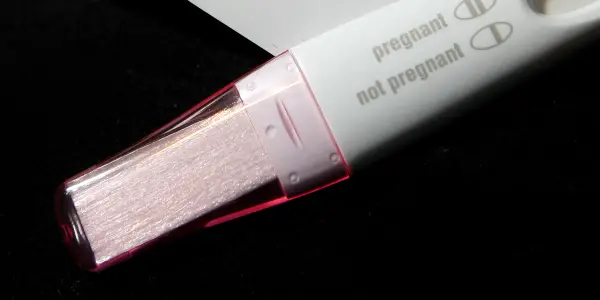A woman who has won the support of the United Nations in the fight to relax Ireland’s abortion laws has called on the Government to find the courage for the reform.
Amanda Mellet was found to have suffered discrimination and cruel, inhuman or degrading treatment after being forced to go to the UK to terminate a pregnancy which was diagnosed as a fatal foetal abnormality.
The UN’s Geneva-based Human Rights Committee said she was forced to choose between carrying her baby to term, knowing it would not survive, or travelling abroad for the procedure.
Ms Mellet said she had been vindicated in taking her case to the watchdog.
“It also serves to uphold the rights of many other women in Ireland who have faced and continue to face human rights violations under the current legal regime,” she said.
The UN committee called for Ireland’s strict abortion rules to be relaxed , including reforming the right to life of the unborn in the Constitution if necessary, to allow for laws which would give women the choice to voluntarily terminate a pregnancy safely.
It also said Ms Mellet should be compensated and receive the adequate psychological treatment she may need.
Ms Mellet was 21 weeks pregnant in November 2011 when medics told her the foetus would die in her womb or shortly after birth.
She travelled to the UK but had to return home 12 hours after the procedure as she could not afford to stay longer, despite still bleeding and being light-headed.
Three weeks after Ms Mellet had the termination, the ashes of the foetus were unexpectedly delivered to her by courier.
Ms Mellet said: ” With today’s decision in hand, I wish to finally leave behind these painful memories; and hearing the committee’s findings today does help in my own healing, but my most sincere hope is that it may assist Ireland’s Government in finding the courage to make the necessary changes in law.
“I hope the day will soon come when women in Ireland will be able to access the health services they need in our own country, where we can be with our loved ones, with our own medical team, and where we have our own familiar bed to go home and cry in.
“Subjecting women to so much additional pain and trauma simply must not continue.”
Ireland’s stringent rules on abortion are protected under the eighth amendment to the Constitution which gives the unborn as equal a right to life as a pregnant woman.
Last year new rules came into effect under the Protection of Life During Pregnancy Act 2013 to allow for abortion when there is a real and substantial risk to a woman’s life – including the threat of suicide.
But the ban remains on termination in cases of rape, incest, inevitable miscarriage and fatal foetal abnormality, and a prosecution for unlawfully procuring an abortion could lead to a 14-year prison sentence.
Ms Mellet called for abortion to be decriminalised and new laws introduced.
Ireland’s Health Minister Simon Harris said Ms Mellet’s experience was “deeply upsetting” and the UN report was being taken ” seriously”.
“I have met with families who have been through the trauma of knowing their baby will not survive and I have been very moved by hearing of their experiences. I want to see this issue addressed,” the minister said.
But Mr Harris did not commit to reform and said a planned citizen’s assembly on the contentious issue was the way to go.
The UN said Ms Mellet had gone through financial and emotional suffering.
“Many of the negative experiences she went through could have been avoided if (she) had not been prohibited from terminating her pregnancy in the familiar environment of her own country and under the care of health professionals whom she knew and trusted,” it said.
Ms Mellet filed a complaint with the UN over her experiences and was supported by human rights organisations.
Campaigners for a more liberal abortion regime said the ruling is the first time an individual complaint has been supported and led to a finding that the current ban is a human rights violation.
Leah Hoctor, regional director for Europe at the Centre for Reproductive Rights, which filed the complaint for Ms Mellet, said a woman’s health and well-being is put in jeopardy if she is denied the right to make decisions.
“The Irish Government must now comply with this ruling, redress the harm Ms Mellet suffered, and reform its laws to ensure other women do not continue to face similar violations,” she said.
Gerry Edwards, of Termination for Medical Reasons, said: “We are very proud of Amanda, who has shown incredible bravery and selflessness in going public and taking her case to the UN Human Rights Committee to hold Ireland accountable for its punitive laws and ensure that women are no longer denied the ability to end their pregnancies in Ireland.”
